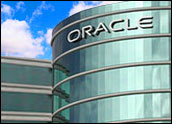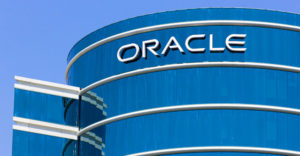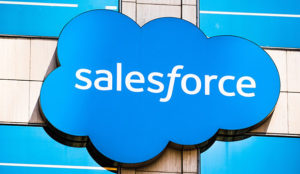
Oracle on Monday announced that it has agreed to acquireOpower for US$532 million in cash.
More than 100 global utilities, including PG&E, Exelon and National Grid, use Opower’s customer engagement and energy efficiency cloud services, Oracle said. Opower’s big data platform stores and analyzes more than 600 billion meter reads from 60 million end customers of utilities.
The transaction is expected to close later this year.
“This acquisition brings together two synergistic areas — Opower big data-based meter and consumption data with Oracle’s CRM and Data as a Service capabilities,” said Holger Mueller, principal analyst atConstellation Research.
Heading to the Cloud
Utilities are moving en masse to the cloud, a 2014 IDC survey found. Eighty-seven percent of 38 senior utility executives interviewed recognized the value of cloud services to provide better business continuity and disaster recovery than traditional technology.
Oracle andZpryme jointly surveyed more than 100 utility executives and directors last year. Of those, 97 percent said they were involved with cloud technologies or applications and computing resources delivered as services.
Utilities were considering Software as a Service or cloud-based applications as well as hosted solutions, the study found.
“Deregulation is looming, and with solar, more households have options,” Mueller told CRM Buyer. “Moreover, the utility oversight commissions are getting structure on the one side, and on the other, this makes it easier for consumers to complain.”
The Bigger Picture
The cloud provider business is competitive, and companies “have learned that the next big area for expansion is in industry vertical cloud solutions,” observed Michael Fauscette, chief research officer atG2 Crowd.
“Oracle has for years been acquiring industry-specific solutions. Competitors have been mobbing there quickly — SAP, Infor, IBM, Salesforce — so Oracle is looking to broaden its footprint in industry clouds too,” he told CRM Buyer.
Oracle “already has a lot of relationships from the other acquisitions and can leverage those as long as they stay with, or ahead of, the competition,” Fauscette added.
The acquisition would complement Oracle’s own utility cloud solutions.
Opower “is a big data platform that’s been collecting data from 100 or so utilities, and their offering uses that data in a few ways,” Fauscette said. That makes it unique, and “the relationships are already in place, [which] make it pretty sticky.”
Competing directly with such a data solution is difficult, he said.
The acquisition expands Oracle’s footprint “with some unique capabilities and also gives them access to a rich data source that might easily be tied into other utility solutions Oracle offers,” Fauscette said. It also offers the opportunity for cross-selling if there’s some mismatch in the customer base.
Dealing in Data
With the acquisition of Opower, Oracle “will have more consumer data than anyone, making it more strategic for utilities as a partner,” Constellation’s Mueller said. Utilities have to integrate consumption and CRM data, and “now they can get this from Oracle in one stop, which is a key value in an industry wary of integration issues.”
That is one aspect to the Opower purchase, Mueller said.
The other is “the larger ambitions of DaaS. When I know a consumer’s utility profile, I know, for example, when they’re at home so I can call them with offerings,” he pointed out. “Many more industries see cake in utility data as it tells you much more about a household. This will all be part of Oracle’s DaaS strategy.”
It’s only the beginning of how advanced digital technologies will impact the experience for utility company customers, Mueller remarked, such as seeing real-time consumption or real-time production of electricity from their solar panels.






















































